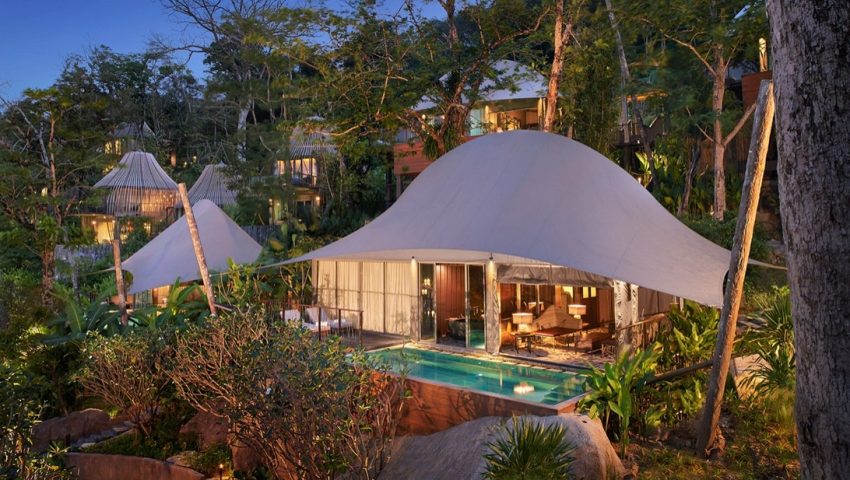Understanding the Environmental Footprint of Your Stay
When planning a holiday, considering the environmental impact of your accommodation is increasingly important. The tourism industry contributes significantly to resource consumption and emissions, but conscious choices can make a difference. Based on experience within the accommodation sector, it’s clear that energy, water, and waste are key areas of focus.
Energy Consumption
Hotels and lodges require substantial energy for heating, cooling, lighting, and amenities. According to some estimates, accommodation accounts for a significant portion of tourism’s overall energy use. Look for accommodations using renewable energy sources or implementing energy-saving technologies like smart thermostats and LED lighting.
Water Usage
From laundry and bathrooms to landscaping and swimming pools, water consumption in accommodations can be high, sometimes representing nearly a tenth of the tourism sector’s total water footprint. Eco-certified hotels often employ water-saving fixtures, rainwater harvesting, and greywater recycling systems. Simple actions like reusing towels also contribute significantly to conservation efforts.
Waste Generation
Single-use plastics, food waste, and general refuse are major challenges for the hospitality industry. Properties focused on sustainability often minimize waste through initiatives like using bulk dispensers instead of individual toiletries, implementing composting programs for organic waste, and establishing comprehensive recycling systems.
The Rise of Sustainable Accommodation
The hospitality industry is undergoing a shift towards greener practices, driven partly by growing guest demand for sustainable options and increasing awareness of environmental responsibilities. Certifications like Green Key or LEED can help travelers identify properties committed to reducing their environmental impact.
Technology’s Role in Greener Stays
Innovation plays a key part in making accommodations more sustainable. Smart building management systems, for example, use technology to automatically adjust heating, ventilation, air conditioning (HVAC), and lighting based on real-time occupancy and conditions, significantly reducing energy waste. Similarly, advanced water management technology can help detect leaks early and optimize usage across the property.
Making Informed Choices as a Traveler
As a traveler, you have the power to support sustainability. You can actively choose certified eco-friendly accommodations, participate in optional programs like linen and towel reuse, consciously conserve water and energy during your stay, minimize your own waste, and provide constructive feedback to properties to encourage further adoption of greener practices.

